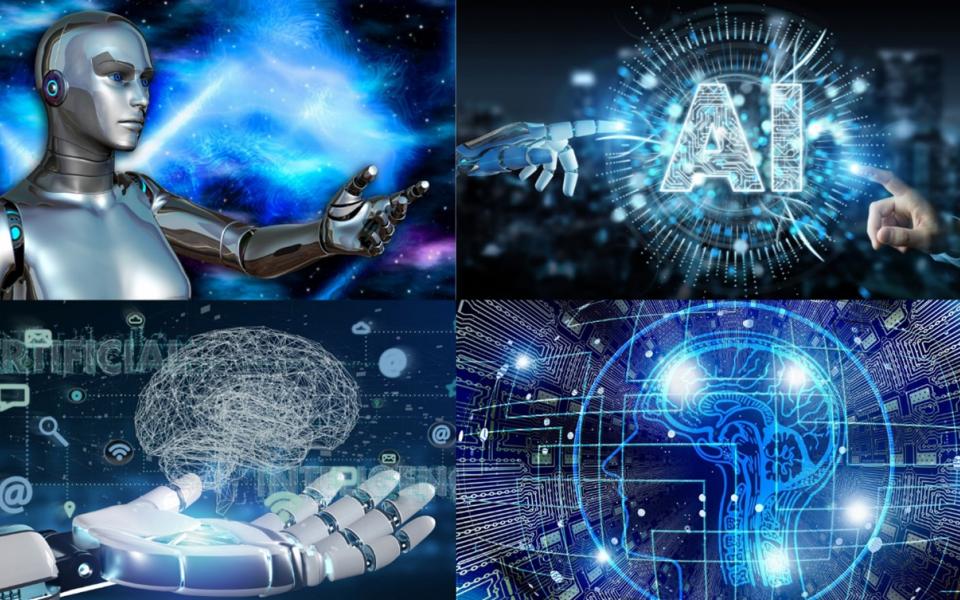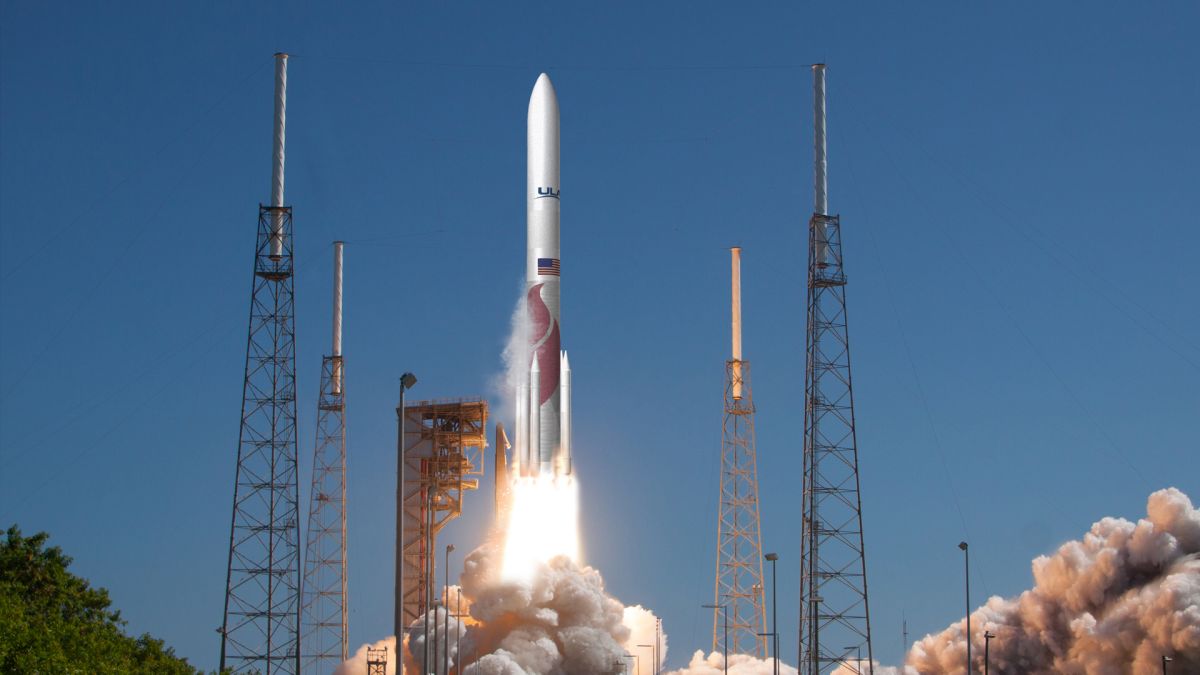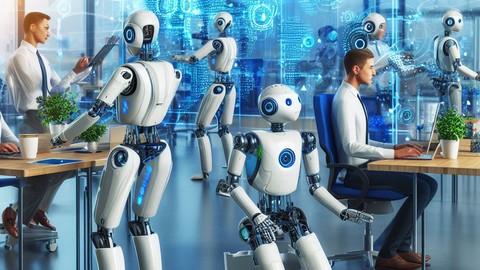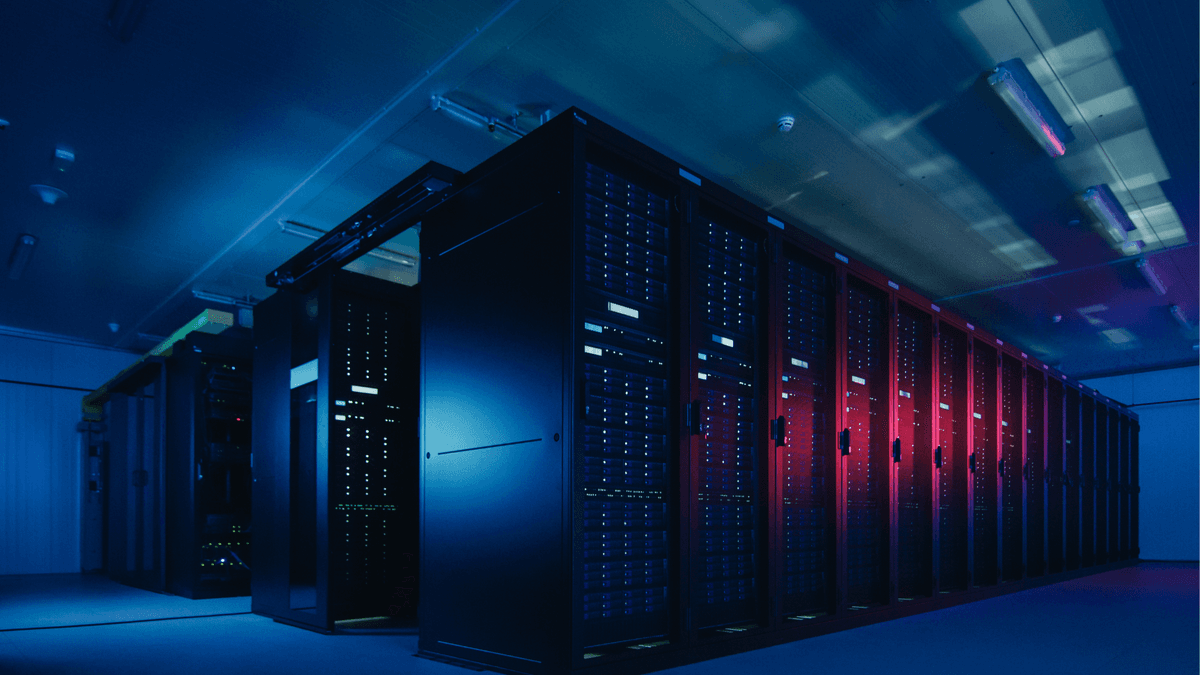AI agents have recently been a hot topic in the tech world, gaining prominence at events like Google I/O, OpenAI’s Spring Update, and Microsoft Build. These events showcased the growing significance and potential of AI agents, sparking discussions about their role in the future of technology. However, many people may still be unfamiliar with what AI agents are and why they’re generating so much buzz.
At Google I/O, CEO Sundar Pichai demonstrated an AI system capable of performing tasks like returning purchased items, illustrating the practical applications of AI agents in everyday life. Similarly, Microsoft introduced Copilot AI systems designed to function as virtual employees, while OpenAI unveiled GPT-4 Omni, an AI system with advanced perception and communication abilities.
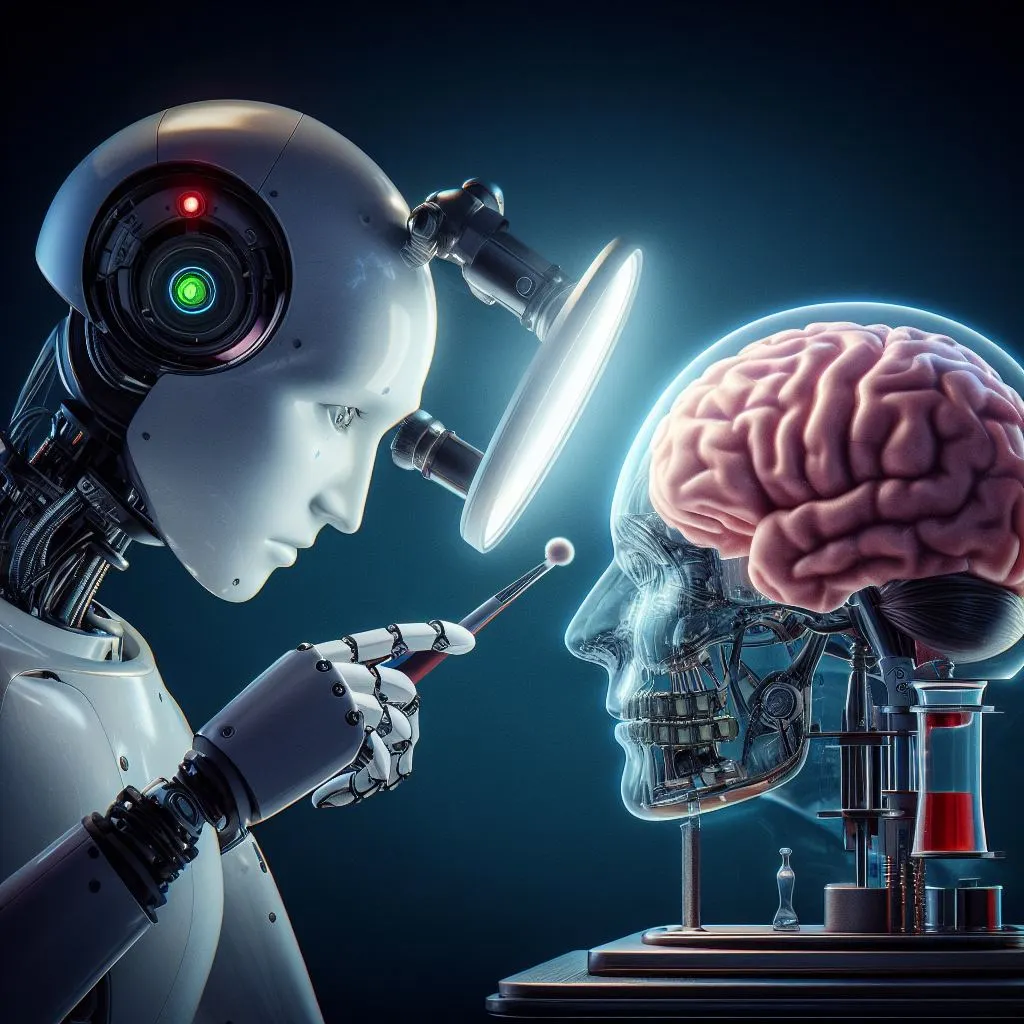
Essentially, AI agents are AI models programmed to execute tasks autonomously, going beyond traditional chatbots by taking proactive actions. They resemble iconic AI characters from popular culture, such as Jarvis and HAL 9000, in their ability to make decisions and carry out tasks based on input.
The recent focus of major tech companies like Google, Microsoft, and OpenAI has been on developing AI agents capable of digital actions, such as interacting with APIs and performing tasks on computers. However, creating truly autonomous agents capable of making complex decisions independently presents significant challenges.
To be truly agentic, AI systems must be able to make numerous decisions autonomously, a task that is inherently complex. For example, returning a pair of shoes involves a series of nuanced decisions, from retrieving order information to completing return forms, highlighting the intricacy of the process.
Despite advancements in AI technology, large language models (LLMs) like ChatGPT still have limitations, particularly when operating in uncontrolled environments. Ensuring the reliability and accuracy of AI agents remains a key area of focus for both startups and established tech companies.
The potential applications of AI agents extend beyond the digital realm, with the prospect of integrating them into physical tasks like robotics. While still in the realm of science fiction, the idea of AI agents directing robots to perform real-world tasks is within reach, albeit in the distant future.
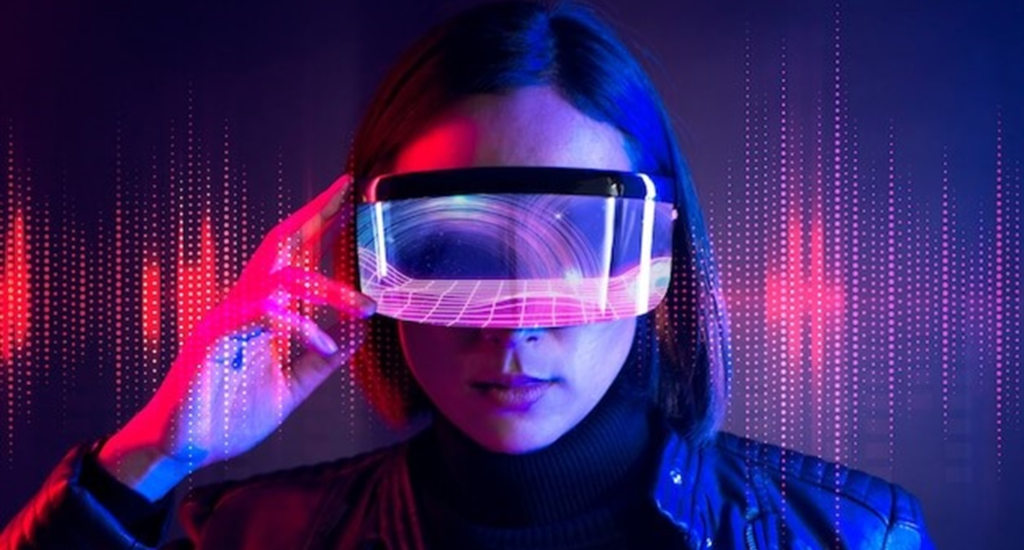
However, concerns about the unintended consequences of overly determined AI agents loom large in the AI community. Designing agents that strike the right balance between autonomy and control is crucial to prevent potential negative outcomes.
Despite these challenges, proponents of AI agents envision a future where they empower humans by automating mundane tasks and freeing up time for more meaningful activities. This optimistic outlook contrasts with the more cautious approach advocated by some AI researchers.
In sectors like self-driving cars, AI agents are already making strides, with companies like Tesla and Waymo leading the way. While still niche, self-driving technology demonstrates the potential of AI agents to operate in real-world scenarios.
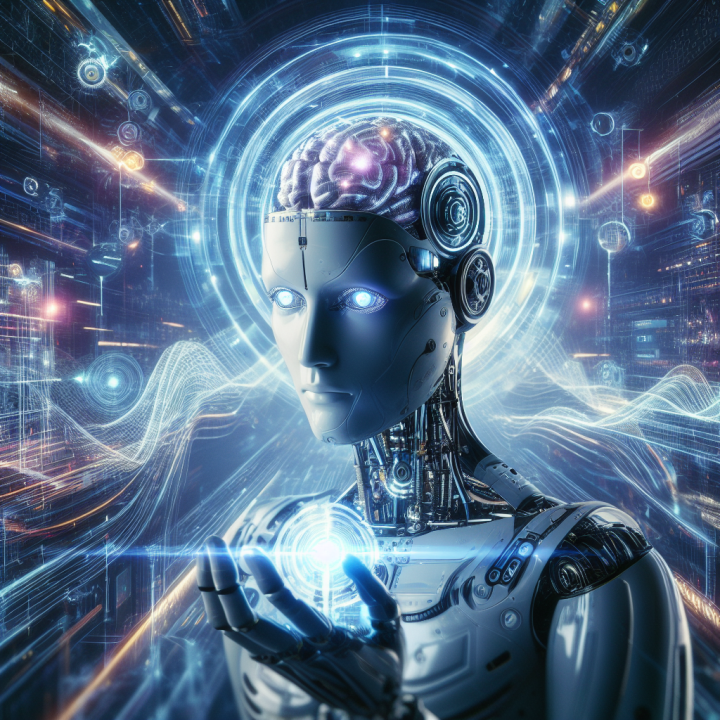
Ultimately, realizing the full potential of AI agents hinges on advancements in AI models and agent systems themselves. With billions of dollars invested in research and development, the future of AI agents promises to be both transformative and uncertain.
If you like the article please follow on THE UBJ.

